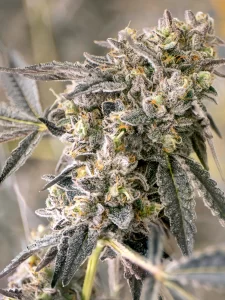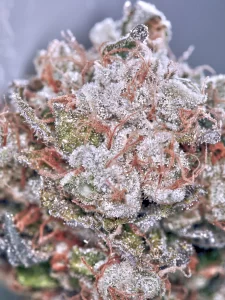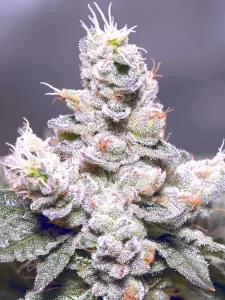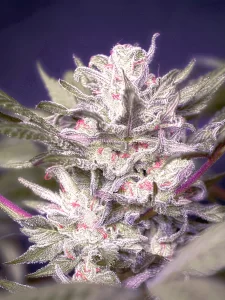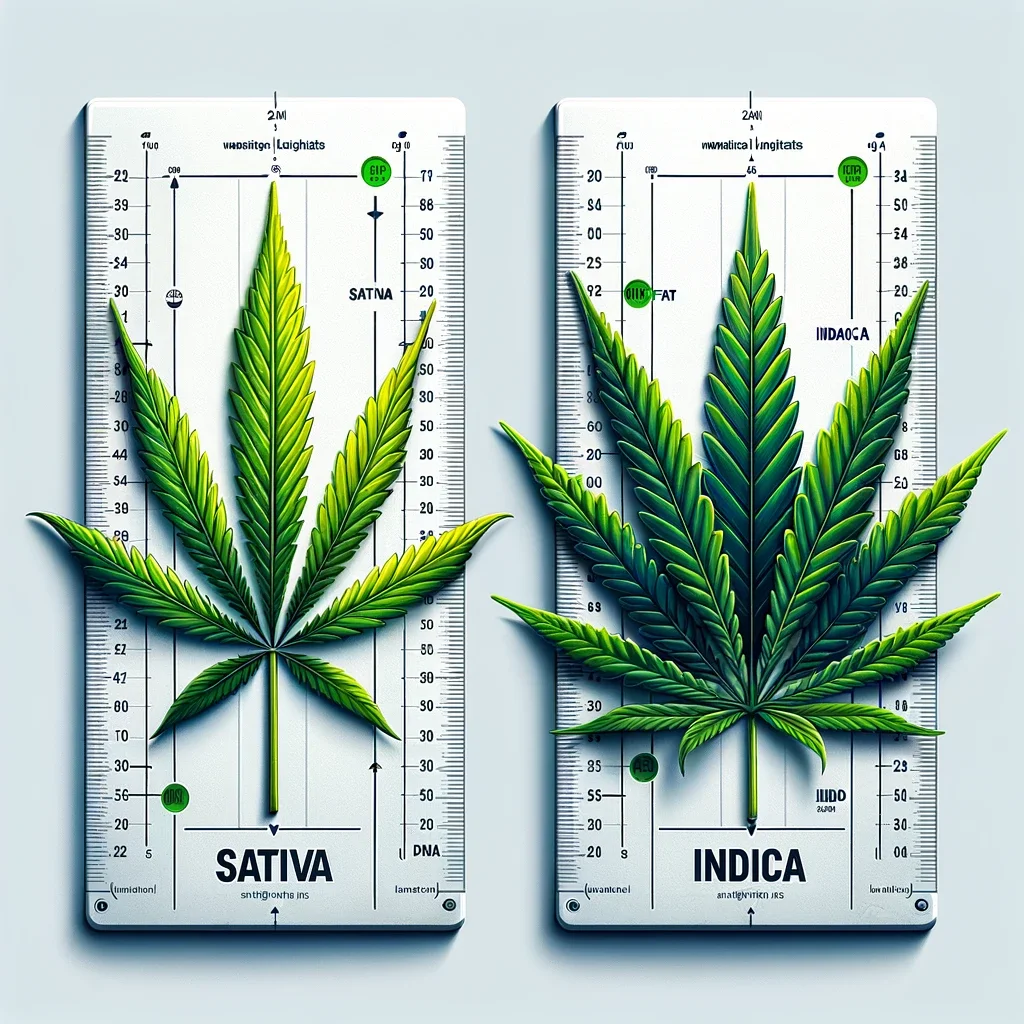A new study shows that marijuana could help seniors with Alzheimer’s Disease and other forms of dementia maintain their cognitive abilities longer than patients not using cannabis. Marijuana also helps alleviate symptoms of depression, anxiety, pain, sleep disorders, and nausea in seniors without any major side effects. It seems like marijuana may be beneficial to everyone – even if they don’t want to get high!
A new question must be added to the list that mental health professionals ask their older patients while taking a history, no matter what age: “Have you used any cannabis products recently?”
During a follow-up appointment with an 78-year-old man with Alzheimer’s disease, I learned this lesson. He reported some quite sudden cognitive decline, and I inquired about any recent medical changes without finding a specific cause. Finally, his wife admitted that their son had given them a grab bag of cannabis-derived goods that the patient was ingesting. The family was desperate for anything to help with his cognitive degeneration, and they’d heard cannabis was a miracle cure for Alzheimer’s disease and a variety of other illnesses. Unfortunately, despite receiving no therapeutic advantage, the patient did With my digging, I would not have known. The following patient, who was asked about using cannabis products specifically, replied: “No,” he said. “But can you get me some?” It was evident that the era of cannabis had arrived.
THC and CBD’s psychotropic effects are primarily due to their interactions with endogenous cannabinoid receptors in the brain as well as activation of a variety of other cannabinoid and non-cannabinoid receptors (such as serotonin,, opioids etc) in the central nervous system and on immunological cells. According to their known and hypothesized characteristics, marijuana and CBD have been proposed as treatments for stress, insomnia, pain, inflammation, and cognitive impairment, particularly among the elderly. As a result, there are a lot of unproven claims that THC or CBD may be used to treat Alzheimer’s disease, Parkinson’s disease, schizophrenia, and anxiety and mood disorders.
What Are the Risks of Cannabis Use?
Because there are several potential negative effects associated with the use of cannabis and CBD in older individuals, care must be taken. It has been shown that moderate marijuana abuse affects attention, motor coordination, verbal memory, and executive function in both young and middle-aged people.
Although these impacts might be more varied in elderly persons who use cannabis less frequently, they may also be enhanced by underlying cognitive problems and pulmonary and cardiovascular diseases, especially when smoked or vaped.
A possible side effect of the treatment was dizziness (12%), as well as sleepiness and tiredness (11%).
Changes in mood and cognition, psychosis, increased heart rate and blood pressure, urinary retention, and blurry vision were among the reported adverse effects from a world-wide epidemiological survey.
The study’s authors also note that, because THC is an active component in marijuana and can induce psychotropic effects such as anxiety and paranoia, it should be considered a risk factor for hospital admissions. It has also been linked to poor driving skills in young adults, which might be a problem for older drivers who are already impaired at baseline.


